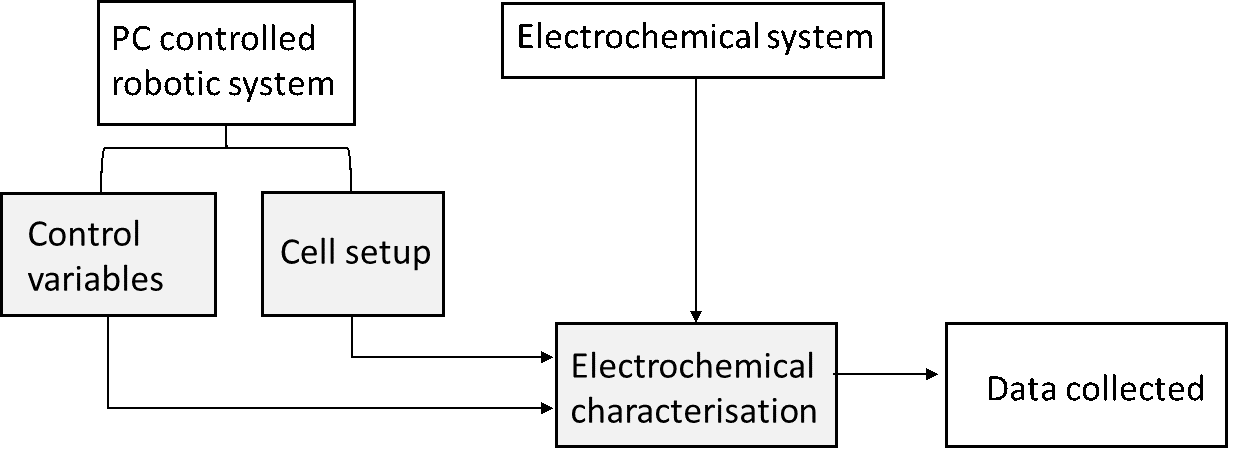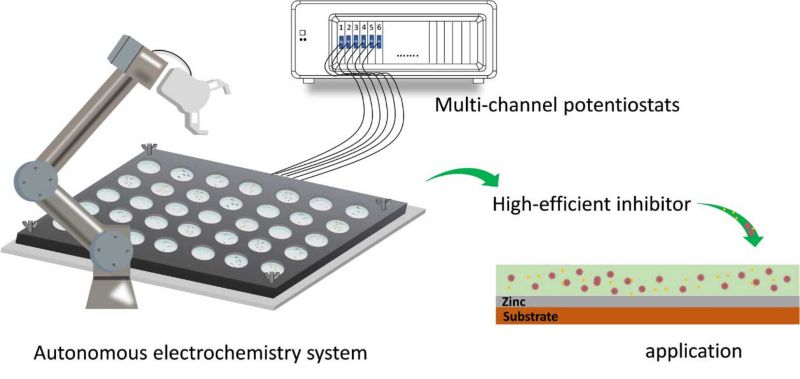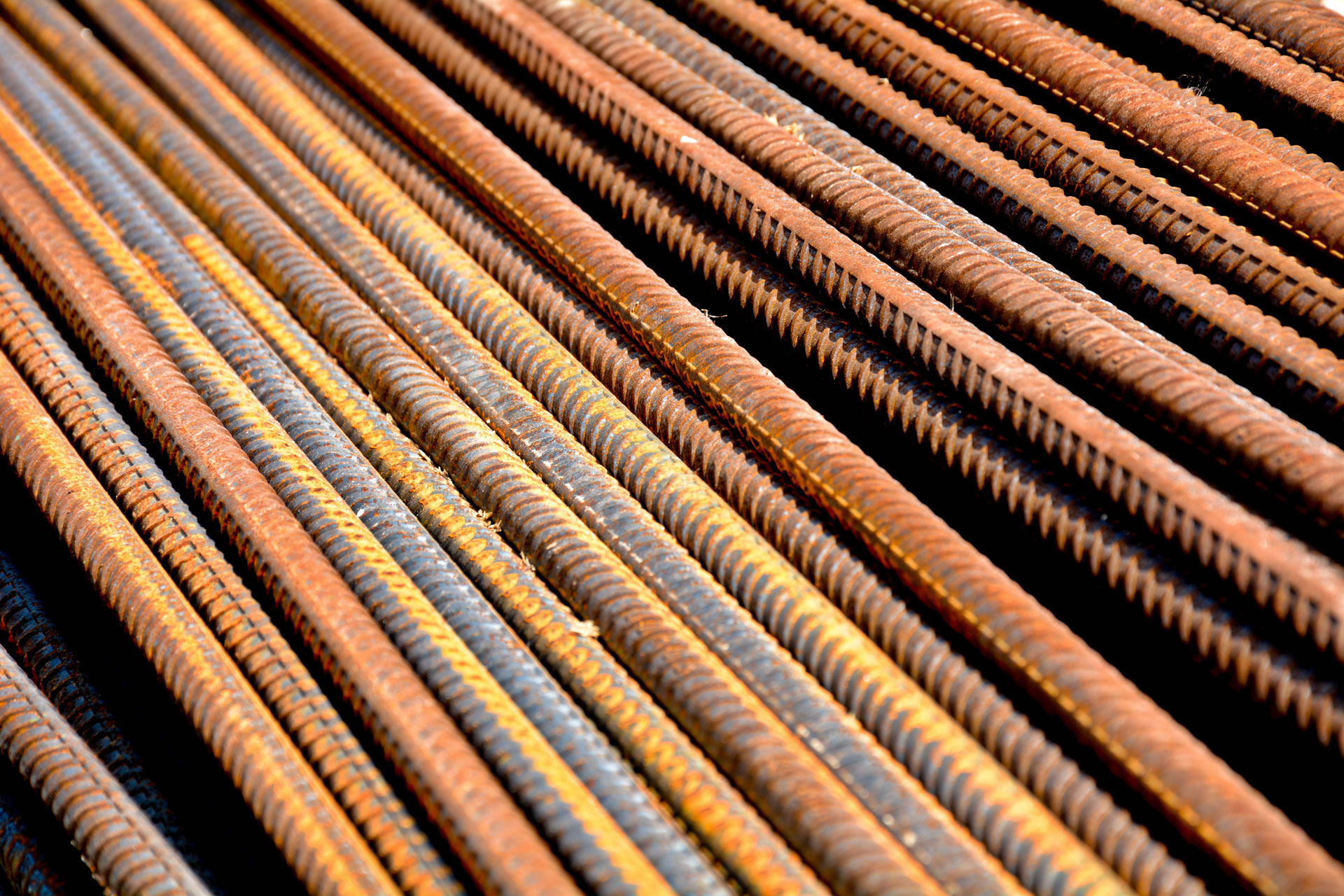Qiushi Deng
Great momentum has been gained in the development of corrosion inhibitor technologies to mitigate corrosion of metallic materials, in particular for zinc & galvanised steel. Corrosion inhibitors are crucial to ensuring the integrity, durability, and safety of many metallic structures. The use of metallic salts as corrosion inhibitors has been broadly explored since the early stages of corrosion science owing to their ability to passivate the metal surface and generate protective films. However, increasing environmental concerns and the pursuit of more cost-efficient techniques has shifted the focus toward organic alternatives due to their many advantages, including i) cost effectiveness, ii) pronounced inhibiting effect, and iii) flexibility to different applications with non-toxic nature. Unfortunately, candidate molecules acting as effective corrosion inhibitors are rich in diversity of chemistry and structural complexity, and their inhibition behaviour also depends on the existing form of molecules (i.e. de/protonation) and the metal’s surface condition (i.e. surface charge & presence of oxides). Given these challenges, this project aims to design a sound strategy to explore high-efficiency organic inhibitors from a large variety of candidate molecules in an attempt to reveal their inhibition mechanism from the viewpoint of inhibitor structural change, molecular evolution, and interfacial metal charge. The expected finding of this project is an improved understanding of the protection mechanism of organic inhibitors from a molecular viewpoint, which will form a concrete basis for the design & preparation of new inhibitor molecules of engineering relevance.
This project is conducted in conjunction with BASF Coatings.


Project Publications
- Q. Deng, S. Jeschke, B.J. Murdoch, S. Hirth, P. Eiden, J.N. Gorges, P. Keil, X.B. Chen, I. Cole (2022). ‘In-depth insights of inhibitory behaviour of 2-amino-4-methylthiazole towards galvanised steel in neutral NaCl solution’, Corrosion Science, vol. 199, 110206. 10.1016/j.corsci.2022.110206.
- M.S. Song, Q. Deng, R.J. Toh, I. Cole, X.B. Chen (2022). ‘Permanganate, molybdate and vanadate conversion coatings’ in ‘Conversion coatings for magnesium and its alloys’, Springer, Cham, 2022. DOI: 10.1007/978-3-030-89976-9_5.

Corrosion and Inhibition
Corrosion inhibitors, corrosion of steel pipes in a soil environment, photocatalysts for CO2 hydrogenation, nano-sensing, optical sensing.